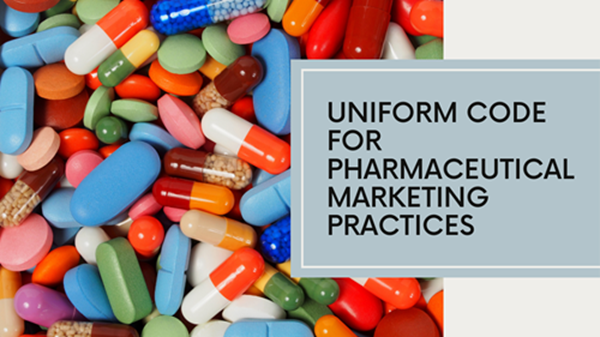Dear Reader, We are happy to share the most interesting legal and policy updates concerning health industry that we read today. We hope you enjoy reading it.
All manufacturers, importers and brand owners of products using plastic packaging must register by 31st March 2024 with Pollution Control Board
India’s Pollution Control Board has given a final opportunity to manufacturers, importers and brand owners of products which use plastic packaging, to register with appropriate Pollution Control Board under provisions of Plastic Waste Management Rules, 2016. Such entities are required to register and discharge Extended Producer Responsibility (EPR) by buying EPR Credits from registered recyclers of plastic packaging waste.
Source: bit.ly/3PGd79b
Central Consumer watchdog and Industry Regulators of Advertisements enter into collaboration to curb misleading advertisements
India’s Central Consumer Protection Authority (CCPA) has announced a collaboration with the industry’s self-regulatory advertisement body called Advertisements Standards Council of India (ASCI). Under the collaboration, ASCI will forward details of advertisement found to be in breach of its own misleading advertisement guidelines to the CCPA since such advertisements may also be violative of the law on misleading advertisement in India.
Source: bit.ly/3Q1U3CL
Imported devices containing foreign embedded SIM for use in M2M communication have to mandatorily shift to services provided by Indian telecom providers within six months
India’s telecommunication regulator, Telecom Regulatory Authority of India (TRAI), has issued specifications and licensure requirements for the implementation of use of embedded Sim technology in Machine-to-Machine (M2M) communication, which is seeing more and more use for remote diagnosis and monitoring in healthcare sector, since launch of 5g sim technology in the country. All communication profiles on any M2M eSIM fitted in an imported device on international roaming in India should be mandatorily converted/reconfigured into communication profiles of Indian telecom service providers (TSPs) within a period of six months from the date of activation of international roaming on such M2M e-SIM or on change of ownership of the device, whichever is earlier.
Source: bit.ly/4cyHEPZ
US FDA’s scientific authority to regulate drugs under challenge
A suit before the United States Supreme Court is challenging the decision of the United States Food and Drug Administration (FDA) in 2016 to expand scope of prescription of Mifepristone 2000, a drug that is commonly used to carry out medicated abortion procedures, and permit its prescription via telemedicine. Ex-Commissioners of US FDA have expressed concern that a decision in favour of the petitioners may lead to an environment of uncertainty where any US FDA approval granted to a drug could be challenged in future on scientific grounds even if it was approved by the US FDA.
Source: bit.ly/49dk4p2
New reserve sample retention quantity requirements for BA and BE studies in US
The United States Federal Food and Drug Administration (US FDA) has published the final version of a guidance document that prescribes new reserve sample retention requirements for Bioavailability (BA) and Bioequivalence (BE) Studies. In the Guidance Document, US FDA has prescribed retention of 30 Single Dose, and 3 Multi Dose samples (with at least 1 unit in original container) across all sites carrying out In-Vivo studies, and 30 Single Dose, and 3 Multi Dose samples in original container for In-Vitro studies.
Source: bit.ly/3xeLrC7


